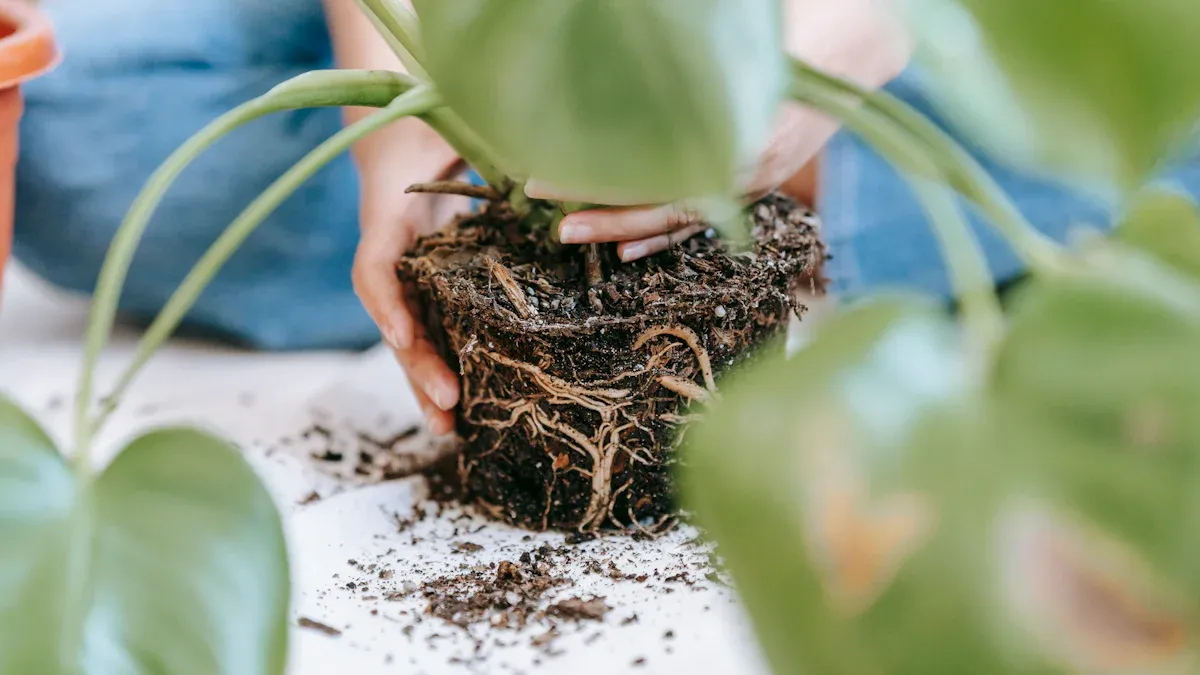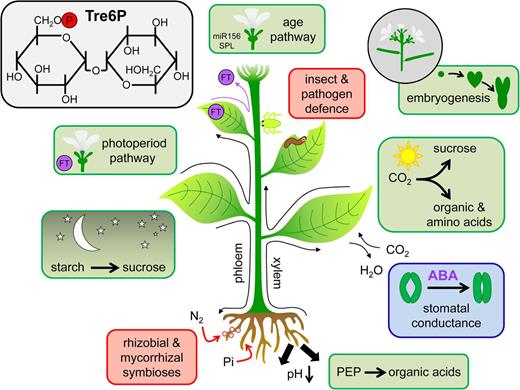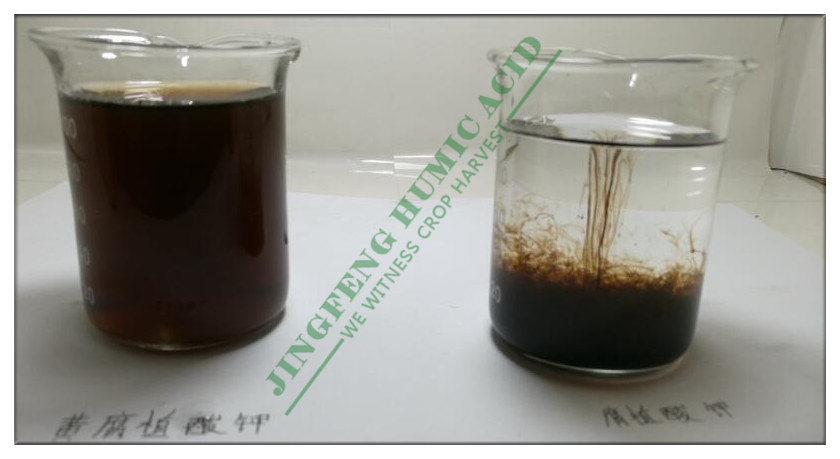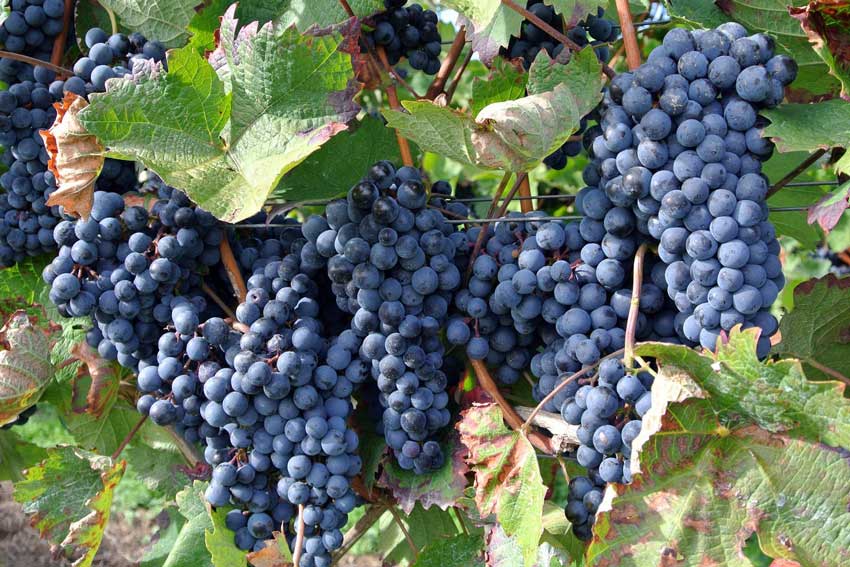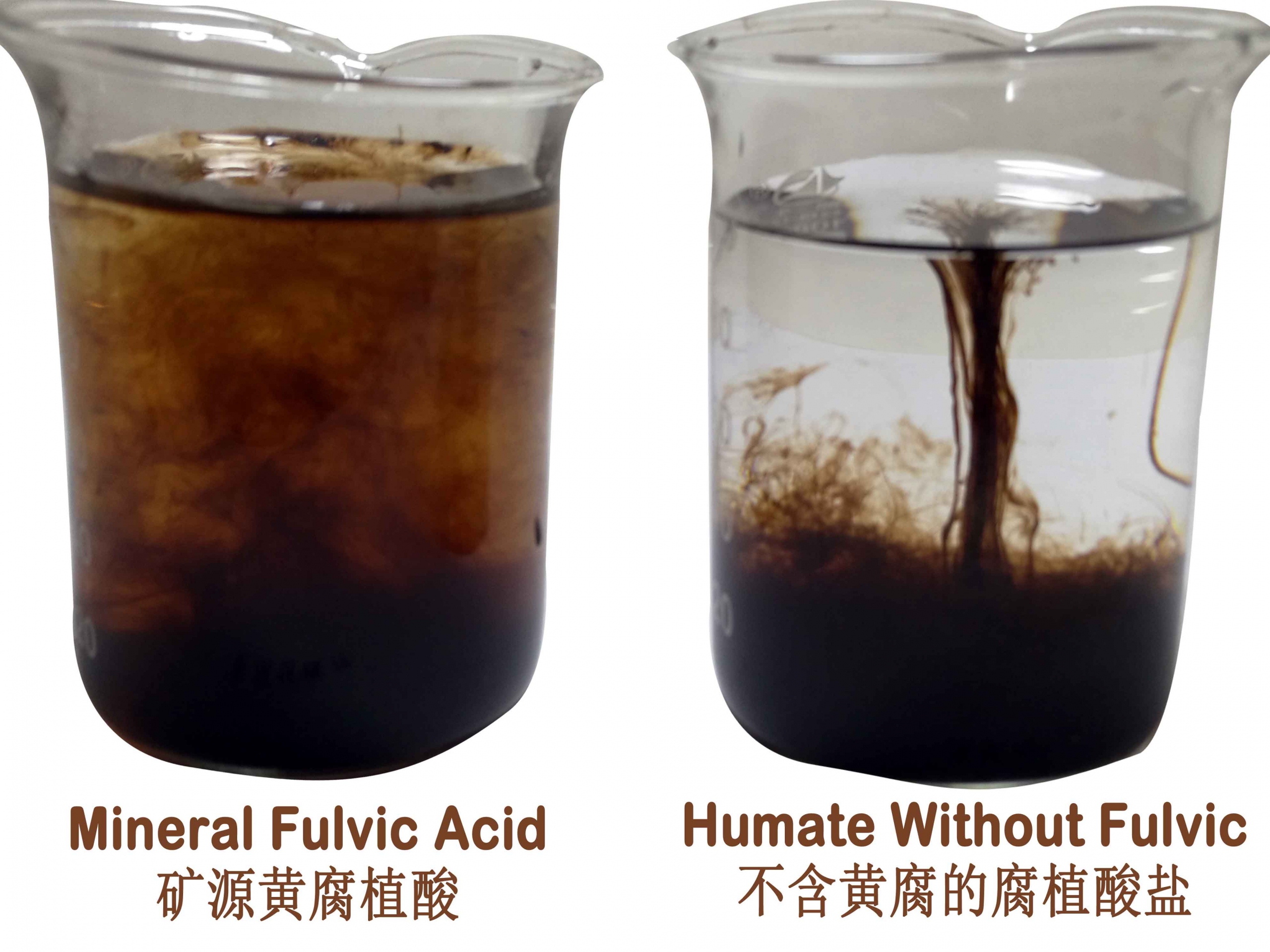
Choosing the best fertilizer can greatly affect your crops and soil. Humic acid fertilizer is special because it helps soil long-term. It improves soil structure and holds nutrients better. Chemical fertilizers provide quick nutrients but can harm soil over time. Research shows that humic acid enhances nutrient efficiency, reduces environmental harm by 19.11%, and boosts crop growth by 11.25%. These advantages make humic acid an excellent choice for eco-friendly farming. Whether you want better soil or rapid growth, knowing these facts helps you make an informed decision. Check out humic china suppliers to find quality products and Go Deal Now!
Key Takeaways
- Humic acid fertilizers make soil healthier by adding natural materials.
- These materials help the soil hold nutrients and water better.
- Chemical fertilizers give fast nutrients but can damage soil over time.
- This damage can make the soil less fertile in the future.
- Humic acid helps plants grow by making roots stronger and healthier.
- It also helps plants take in more nutrients from the soil.
- Humic acid fertilizers are good for the environment and nature.
- They help farmers grow crops in a way that protects the planet.
- These fertilizers may cost more at first but save money later.
- They also help farmers grow more food in the long run.
Nutrient Content

Nutrients in Humic Acid Fertilizers
Humic acid fertilizer has many nutrients for plants and soil. It includes nitrogen, phosphorus, and potassium, which are key for growth. It also has small amounts of iron, zinc, and magnesium. These nutrients come from natural sources and work well with soil. For example, humic acid has 3.73% nitrogen, 2.78% phosphorus, and 0.72% potassium. It also gives 0.685 mg of iron, 0.189 mg of zinc, and 0.119 mg of magnesium per gram of dry matter. This mix helps plants grow better and produce more crops.
Nutrients in Chemical Fertilizers
Chemical fertilizers give nutrients to plants very quickly. They usually have high levels of nitrogen, phosphorus, and potassium, called NPK. These fertilizers fix nutrient problems fast but lack extra minerals like iron or magnesium. They also don’t have organic materials that improve soil health. While chemical fertilizers help plants grow fast, they don’t make soil better over time.
Comparing Nutrient Availability
Plants need nutrients they can easily absorb. Humic acid fertilizers help soil hold nutrients longer. This makes nutrients available to plants over time. Chemical fertilizers release nutrients fast, but some get washed away. Below is a table comparing nutrients in humic acid and chemical fertilizers:
| Nutrient Type | Humic Acid Fertilizer | Chemical Fertilizer | Control |
|---|---|---|---|
| Nitrogen (N) | 3.73% | N/A | N/A |
| Phosphorus (P) | 2.78% | N/A | N/A |
| Potassium (K) | 0.72% | N/A | N/A |
| Iron (Fe) | 0.685 mg g−1 DM | N/A | N/A |
| Zinc (Zn) | 0.189 mg g−1 DM | N/A | N/A |
| Magnesium (Mg) | 0.119 mg g−1 DM | N/A | N/A |
Humic acid fertilizers give more nutrients and keep soil healthy. Choosing humic acid can improve soil and grow crops sustainably.
Soil Health
Benefits of Humic Acid for Soil Health
Humic acid helps soil stay healthy and fertile. It improves how soil holds nutrients like nitrogen, phosphorus, and potassium. This means plants can use these nutrients over time, growing stronger. Humic acid also helps soil hold more water and nutrients. This is very useful for sandy soils where nutrients wash away fast.
Humic acid also helps good microorganisms grow in the soil. These tiny organisms break down organic matter and add carbon to the soil. This makes the soil richer and better for plants. Studies show humic acid can balance soil pH, making it good for many crops. By improving the soil ecosystem, humic acid helps soil stay productive for a long time.
Effects of Chemical Fertilizers on Soil Quality
Chemical fertilizers give plants nutrients quickly but harm soil over time. Using too much nitrogen fertilizer can make soil acidic. Acidic soil has a lower pH, which is bad for helpful microorganisms. It can also cause more soil diseases.
Research shows too much nitrogen fertilizer lowers soil pH and harms soil health. Over time, this problem gets worse and reduces soil fertility.
Chemical fertilizers don’t have organic matter, which is important for soil structure. Without it, soil becomes hard and can’t hold water or nutrients well. Long-term use of chemical fertilizers can upset the balance of soil microbes, making the soil less healthy.
Long-Term Soil Sustainability
Keeping soil healthy is key for farming that lasts. Humic acid fertilizers improve soil by adding organic matter and holding nutrients better. This leads to more crops and healthier soil over time. Studies show mixing humic acid with other fertilizers gives the best results for soil and crops.
On the other hand, using chemical fertilizers too much can hurt soil. Research shows heavy use of chemical fertilizers harms soil microbes and causes nutrient problems. This damage makes it harder for soil to grow crops in the future.
| Treatment | N Input (kg N hm−2 yr−1) | NH3 Volatilization (kg N hm−2 yr−1) | N2O Emission (kg N hm−2 yr−1) | N Runoff (kg N hm−2 yr−1) | Fruit Yield (t hm−2) | Economic Benefit (%) |
|---|---|---|---|---|---|---|
| Conventional Management (CM) | 521.1 | 21–25 | 10–12 | 14–32 | 23–26 | N/A |
| SLF1 (10 cm depth) | 399.6 | N/A | N/A | N/A | N/A | 14–19 increase in revenue |
| SLF2 (20 cm depth) | 399.6 | 47–57% reduction | N/A | N/A | 15–17 increase in yield | 24–29 increase in NEB |
Using humic acid fertilizers keeps soil healthy for years. They improve soil and lower environmental risks. This makes them a great choice for eco-friendly farming.
Environmental Impact
Sustainability of Humic Acid Fertilizers
Humic acid fertilizers are great for sustainable farming. They help soil hold water and nutrients better. This means farmers don’t need to use them as often. Humic acid also keeps important nutrients in the soil longer. Unlike chemical fertilizers, which can harm soil, humic acid adds organic matter. This improves soil health for a long time.
Humic acid supports farming that cares for the environment. It helps tiny organisms in the soil break down organic material. This makes the soil richer and healthier for plants. Using humic acid increases crop growth and lowers environmental damage. By choosing humic acid, you help the planet and grow crops sustainably.
Environmental Risks of Chemical Fertilizers
Chemical fertilizers work fast but can harm the environment. After droughts, heavy rain can wash nitrates into groundwater. This pollutes drinking water and makes it unsafe. About 40% of nitrogen fertilizer stays in the soil. Rain can carry it away, hurting water quality.
Since the 1920s, chemical fertilizers have doubled nitrogen levels in nature. Half of the nitrogen used on farms ends up in water. This causes dead zones and algae blooms, which harm fish and people. Some crops, like garlic, lose more nitrogen into the air. This shows why managing chemical fertilizers is so important.
Eco-Friendly Agriculture Practices
Eco-friendly farming uses humic acid to grow crops sustainably. Humic substances help plants grow and fight off stress. They improve crop quality, like making fruits sweeter and healthier.
Farmers can spray humic acid on plants to help them grow taller and stronger. Research shows humic acid protects plants from toxins and stress. It even helps animals by reducing harmful effects of toxins. Using humic acid is a smart way to farm sustainably.
Choosing humic acid fertilizers helps the soil, reduces pollution, and grows better crops. These practices are good for farms and the planet.
Plant Growth and Stress Resistance
How Humic Acid Helps Plants Grow
Humic acid improves plant growth by making soil healthier. It helps roots grow better, so plants absorb nutrients easily. This leads to stronger plants and more crops. Research shows humic acid boosts root branching and soil activity, which helps plants grow.
| Study | Key Findings |
|---|---|
| Canellas et al., 2013 | Humic acid with microbes increases crop yield. |
| da Piedade et al., 2017 | Humic acid improves root growth and soil activity. |
| Gryndler et al., 2005 | Humic acid supports helpful soil organisms like AMF. |
| Piccolo et al., 1992 | Humic acid encourages more root branching in plants. |
| Gryndler et al., 2009 | Humic acid boosts plant-AMF connections, helping roots grow stronger. |
Humic acid also increases chlorophyll, which helps plants make food. This leads to bigger harvests and better-quality crops. Using humic acid supports healthy soil and sustainable farming.
Fast Growth with Chemical Fertilizers
Chemical fertilizers give nutrients quickly, making plants grow fast. They fix nutrient problems right away. But they don’t improve soil health over time. Unlike humic acid, they lack organic matter, which keeps soil strong. Overusing chemical fertilizers can harm soil and lower its future productivity.
Handling Stress: Humic Acid vs Chemical Fertilizers
Humic acid helps plants handle stress like drought or salty soil. It strengthens roots, so plants find water and nutrients easily. It also improves soil enzymes and microbes, creating a healthy environment for plants. This makes crops tougher and more likely to survive tough conditions.
Chemical fertilizers don’t help plants resist stress as well. They only provide quick nutrients and don’t improve soil’s ability to support plants under stress. Choosing humic acid helps crops stay healthy and grow well, even in bad conditions.
Tip: Adding humic acid to your farm helps plants grow better and keeps soil healthy for years. It’s a smart choice for eco-friendly farming.
Cost-Effectiveness
Initial Investment in Humic Acid Fertilizers
Humic acid fertilizers may cost more at first. But they offer great value over time. These fertilizers improve soil health with organic matter. They help soil hold water and nutrients better. This means farmers don’t need to use them often. For example, JINGFENG HUMIC ACID comes in powder or granules. These forms are easy to use and save money later. Farmers who care about the environment find humic acid worth the investment.
Cost Analysis of Chemical Fertilizers
Chemical fertilizers work fast and seem cheaper upfront. But they need frequent use to keep soil fertile. This makes them more expensive over time. They don’t have organic matter, so they don’t improve soil structure. Studies show fertilizers make up one-third of corn farming costs. Using too much or too little can hurt crops and waste money. Poor soil management leads to lower yields and bad crop quality.
Long-Term Economic Benefits
Humic acid fertilizers save money in the long run. They add organic matter to soil, making it healthier. This reduces the need for extra fertilizers and water. Farmers using humic acid see better yields and fewer environmental problems. Combining humic acid with good farming practices boosts profits. Healthier soil keeps crops growing well for years. Humic acid is a smart choice for sustainable farming.
Note: Choosing humic acid fertilizers helps your crops and soil stay healthy. It’s a cost-effective way to farm while protecting the environment.
Compatibility
Humic Acid Fertilizers for Diverse Crops
Humic acid fertilizers help many types of crops grow better. They work for fruits, vegetables, grains, and even flowers. These fertilizers improve soil by holding more water and nutrients. This is helpful for sandy or hard-packed soils. For example, JINGFENG HUMIC ACID helps roots grow stronger. Strong roots absorb nutrients easily, making plants healthier. Farmers often see sweeter fruits and brighter vegetables. Humic acid also helps crops survive tough conditions like drought or salty soil.
Discover the benefits of JINGFENG HUMIC ACID for your crops! Learn more here.
Versatility of Chemical Fertilizers
Chemical fertilizers are used in many farming systems. They give plants nitrogen, phosphorus, and potassium quickly. But fast nutrient release can cause nutrients to wash away. Mixing chemical fertilizers with humic acid improves soil and crop growth. Chemical fertilizers work fast but don’t add organic matter to soil. This makes them less useful for long-term farming.
- Important facts about chemical fertilizers:
- They help crops grow quickly.
- They are good for intensive farming.
- They can harm soil over time.
Ease of Application and Use
Humic acid fertilizers are simple to use and fit many farming styles. They come in powder, granules, or crystals for easy application. You can use them as base dressing or top dressing. Studies show humic acid helps plants use nutrients better. This means you can use less fertilizer and still get great results. Chemical fertilizers need careful use to avoid harming soil or plants. Humic acid is a safer choice that supports eco-friendly farming.
Tip: Humic acid fertilizers make farming easier and improve soil and crops.
Humic acid fertilizers help soil stay healthy for a long time. They make soil stronger, hold nutrients better, and grow helpful microbes. This improves crop health and increases harvests over the years. Chemical fertilizers, however, give plants nutrients quickly. They are good for fast results but can hurt soil if used too much.
The right choice depends on what you need. If you care about the environment and lasting soil health, humic acid is best. If you want quick plant growth, chemical fertilizers might work better. Think about your crops, budget, and how much you value the environment before deciding.
FAQ
What makes humic acid different from chemical fertilizers?
Humic acid helps soil stay healthy by adding organic material. It also keeps nutrients in the soil longer. Chemical fertilizers give nutrients fast but don’t improve soil over time. Choose humic acid for lasting soil health or chemical fertilizers for quick growth.
Can humic acid fully replace chemical fertilizers?
Yes, humic acid can replace chemical fertilizers in many situations. It gives plants key nutrients and makes soil better. Sometimes, using both together works best for crops needing fast nutrients.
Are humic acid fertilizers good for the environment?
Yes, humic acid fertilizers are safe for nature. They stop nutrients from washing away, help soil microbes grow, and hold water better. Using them supports eco-friendly farming and reduces pollution.
How often should humic acid fertilizers be used?
Apply humic acid fertilizers 2-3 times during the growing season. How often depends on your crops and soil type. Follow the instructions for the best results.
Can humic acid fertilizers be used for all crops?
Yes, humic acid works for all crops like fruits, grains, and flowers. It helps roots grow strong, absorbs nutrients better, and improves crop quality. Whether you grow apples or corn, humic acid helps plants grow well.

